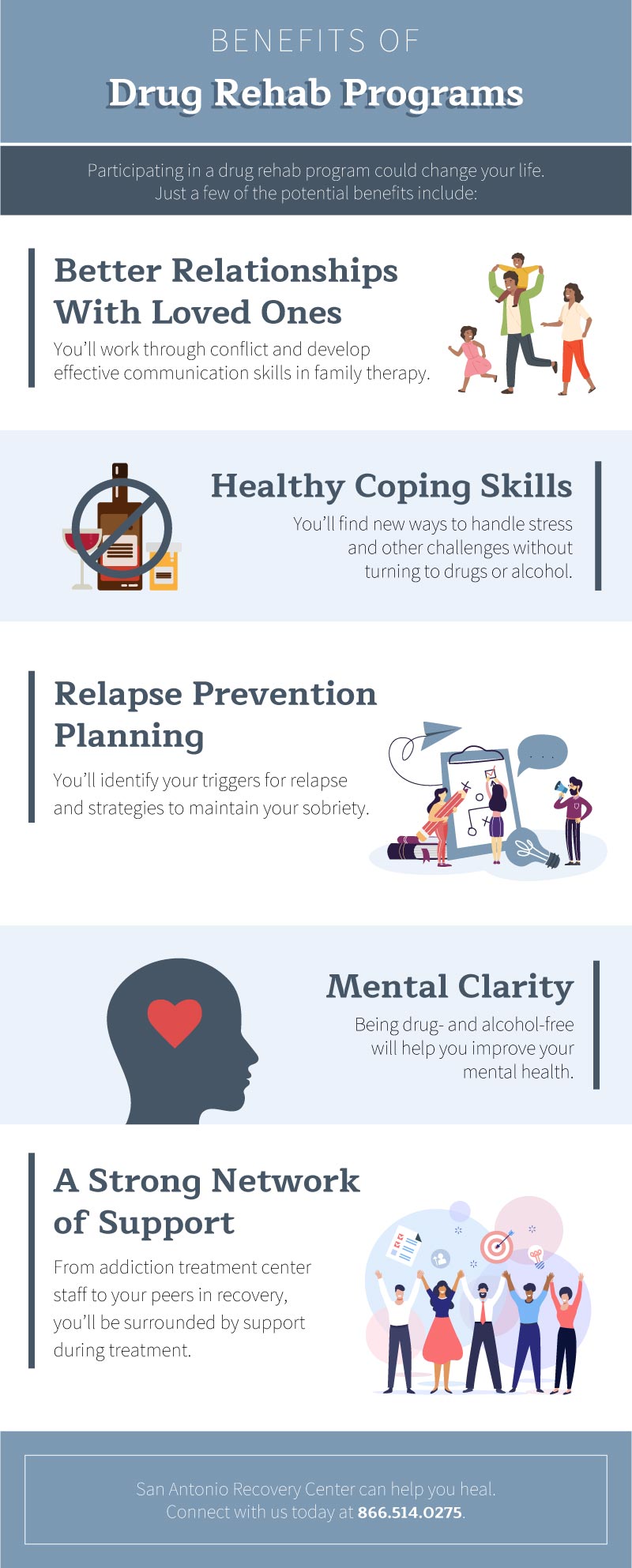Life-altering Support: Why Select Our Addiction Treatment Center
Life-altering Support: Why Select Our Addiction Treatment Center
Blog Article
Navigating the Journey of Cleansing in the Comprehensive Dependency Therapy Program
The process of detoxing holds a considerable duty in damaging the physical dependancy on substances and preparing the person for the succeeding phases of treatment. As people grapple with the obstacles of withdrawal symptoms and the unpredictabilities that lie ahead, having a durable assistance and a structured plan system in place ends up being critical.
Significance of Detoxing in Recovery

Detoxification sets the foundation for the remainder of the addiction therapy program by preparing the person for further therapy and counseling. By cleansing the body of compounds that have been clouding judgment and affecting behavior, detoxification allows clients to approach their healing with a more clear mind and more powerful emphasis.
Moreover, detoxification aids in taking care of the possibly serious withdrawal signs that may occur when drug or alcohol usage is quit. Doctor carefully keep track of clients during detoxification to guarantee their safety and provide necessary assistance. With this process, individuals can start their journey towards sobriety with a maintained physical and psychological state, raising the likelihood of a successful healing.
Understanding the Detoxification Refine
Detoxification, a fundamental element of addiction therapy programs, includes an organized procedure focused on securely eliminating damaging substances from the body to promote a successful healing trip. The detox procedure usually starts with an evaluation to examine the individual's compound use background, physical health and wellness, and mental health. This assessment aids healthcare experts figure out the most proper detoxification plan tailored to the individual's needs.
During detoxification, the body goes with withdrawal as it adapts to the lack of the substance. Withdrawal signs and symptoms vary relying on the sort of material utilized, the duration of usage, and individual factors. Clinical supervision during detoxification is important to take care of withdrawal symptoms and make sure the person's safety and convenience.

Taking Care Of Withdrawal Signs And Symptoms

Medications might be used to relieve particular withdrawal symptoms and lower discomfort. For instance, medications like methadone or buprenorphine can aid handle opioid withdrawal signs and symptoms, while benzodiazepines may be utilized for alcohol withdrawal. It is essential for doctor to meticulously keep track of the person's action to these medications to guarantee their safety and security and efficiency.
Along with medicinal treatments, helpful treatments such as counseling, peer support teams, and holistic methods like mindfulness reflection or yoga can assist people manage the psychological and psychological obstacles of withdrawal. By dealing with withdrawal signs and symptoms adequately, doctor can improve the detoxing experience and support people on their trip to recovery.

Support Equipments Throughout Detox
Assistance systems play a critical role in offering social and web link psychological aid to individuals undertaking why not try this out detoxing in addiction therapy programs. Throughout the detoxification process, individuals usually experience a series of physical and mental withdrawal signs, making this phase challenging - Addiction Treatment Center. Having a strong support system in position can substantially affect the person's capacity to browse with detoxification effectively
Member of the family, buddies, support groups, and medical care professionals are important components of the support system. Family close friends and participants can supply support, understanding, and a sense of belonging throughout this tough time. Support system give a platform for individuals to get in touch with others who are undergoing similar experiences, offering a feeling of neighborhood and shared understanding. Health care professionals, consisting of therapists, physicians, and therapists, play a critical function in checking the person's development, offering medical assistance, and providing support throughout the detox process.
Looking Ahead: Life After Detox
Having actually efficiently finished the detoxification stage, individuals in addiction therapy programs currently concentrate on getting ready for the obstacles and opportunities that exist ahead in their journey towards healing. Life after detox marks a vital change period where individuals should proceed to construct on the development made during detox to maintain their sobriety. It is important for individuals to recognize that the journey towards recuperation is recurring and calls for devotion, dedication, and a desire to accept modification.
One key aspect of life after detox is the growth of dealing systems to take care of triggers and desires that might emerge. This might entail finding out brand-new abilities, such as mindfulness methods, cognitive-behavioral methods, and tension management techniques, to navigate tough scenarios without turning to compound use. Furthermore, individuals are urged to proactively take part in recurring therapy, support system, and aftercare programs to strengthen their support network and receive guidance as they browse the intricacies of life post-detox.
Final Thought
Understanding the detox procedure and managing withdrawal signs are important actions towards healing. It is vital to identify the relevance of detox in the process of getting over dependency and relocating towards a life of soberness.
Clinical guidance throughout detoxification is critical to manage withdrawal signs and symptoms and ensure the person's safety and comfort.
By recognizing the detoxification procedure and its value in damaging the cycle of addiction, individuals can embark on a path towards lasting recuperation.
During the detoxification read review procedure, individuals commonly experience an array of mental and physical withdrawal signs, making this stage tough. Medical care specialists, including physicians, counselors, and therapists, play an important function in checking the person's progression, providing medical support, and using advice throughout the detoxification process.
Life after detox marks a critical change duration where people have to proceed to build on the progression made throughout detox to maintain their soberness.
Report this page